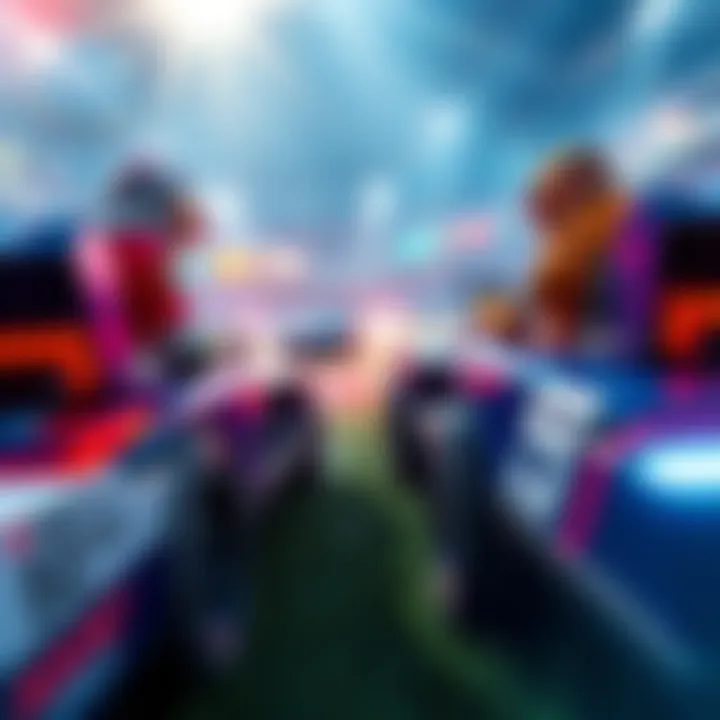Rocket League Community | Solo Queue Controversies Spark Debate
Edited By
Marcus Chen

The Rocket League community is abuzz over solo queue dynamics as players voice frustrations about teammate unpredictability. Discussions intensified after a player articulated the complexities of cooperating with random teammates in solo queues, highlighting the inherent challenges.
A Game of Unknowns
Several players agree that solo queueing presents not just a struggle against opponents but against teammates too. One player noted, "Uncommunicated expectations are the number one cause of both relationship issues and Rocket League tantrums." This sentiment resonates widely, as many find frustrations rooted in unpredictable teamwork.
Repeated Themes in the Discussion
Unpredictable Teammates: Many players feel that teammates act like random number generators (RNG). A participant remarked, "You have to win games, and that means understanding what it means to cooperate with others that you have scant information about."
Matchmaking Concerns: Commenters expressed dissatisfaction with the current matchmaking system, suggesting that it requires an overhaul for better balance. Comments like, "It's so obvious like it's totally unreasonable for new accounts to be champ+" reflect a growing demand for a more equitable system.
Learning Curve for New Players: New entrants to the game face challenges, ranging from toxic behavior to smurf accounts that complicate their experience. One player shared, "The community wouldn’t suck so bad if it was more accessible to new players."
Mixed Sentiments About Solo Queueing
While many players express negativity over teammate impacts and matchmaking, others find intrigue in the challenge. One voice in the community said, "I love the challenge of learning how to succeed with total strangers." This mix of sentiments underscores the complex relationship players have with solo queueing.
"To get out of it, you have to carry," highlighted another user, signifying the high demands placed on players.
Key Insights
△ Players note unpredictability of teammates as a primary source of frustration.
▽ System overhaul needed for fairer matchmaking experiences.
※ "The only thing that is going to be left one day are 2 SSLs talking trash to each other" - A comment reflecting the community's concerns about retention.
As discussions continue, the Rocket League community remains divided on the challenges posed by solo queue experiences and the broader implications for competitive play. Will developers implement changes to enhance fairness and accessibility? Only time will tell.
Probable Shifts in the Solo Queue Landscape
Experts estimate a significant shift in the solo queue experience could be underway. With a growing outcry for better matchmaking systems, there’s a strong chance developers will prioritize player feedback in upcoming updates. If player frustrations are addressed, such as improved communication tools and balanced matchmaking, we might see a 20% increase in player satisfaction within the next year. This change would likely stabilize the player base, fostering a healthier competitive environment. As more players feel engaged and part of a functioning community, the potential for increased retention becomes evident.
A Lesson from Historical Collaboration
In drawing a parallel, consider the collaborative efforts and frustrations faced by early jazz musicians in the 1920s. Just as Rocket League players struggle with uncommunicated expectations, these musicians formed groups with unpredictable lineup changes, often leading to chaotic but groundbreaking performances. The beauty lay in their ability to improvise and create something unique despite lacking a set plan. Today’s solo queue players might find inspiration in this history; both groups navigate unpredictability, learning to adapt and grow from the collaborative chaos—an essential skill in any competitive landscape.
